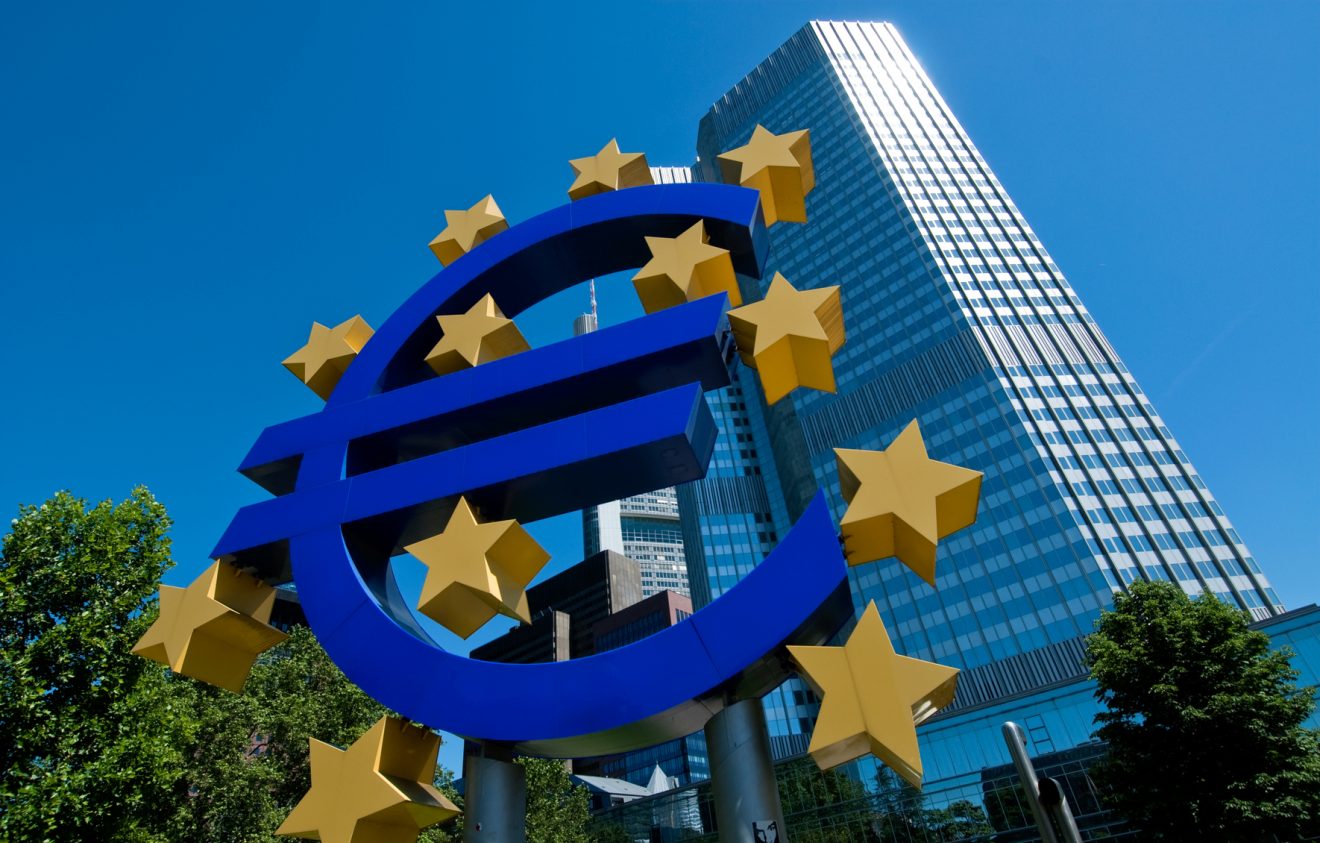This content has been archived. It may no longer be relevant.
Cryptocurrencies have become one of the most talked about topics in recent times, and certainly among the most debated ones. However, regulators across the globe seem to be at war with digital assets, which are often thought of as harmful for economic health.
Europe has played more or less a neutral role in terms of cryptocurrencies, and therefore, the European crypto markets haven’t matured or progressed like East Asia, or even the US. Also, there are several misconceptions related to cryptocurrencies, which make people refrain from investing in digital assets.
To tackle all these issues, and have a better understanding of cryptocurrencies, the European Central Bank, the financial regulatory arm of the European Union, conducted extensive research on digital assets. It submitted a report, claiming that cryptocurrencies don’t impact the traditional monetary system.
Advertisement
The report stated,
Crypto-assets do not fulfill the functions of money and, at the current stage, neither do they entail a tangible impact on the real economy nor have significant implications for monetary policy.
The research was conducted by the ECB Internet Crypto-Assets Task Force, (ICA-TF), which was established in March 2018. The main aim of the ICA-TF is to analyze cryptocurrencies and provide accurate data to the consumers deeply. Though the ECB is satisfied on the economic front, the report admits that cryptocurrencies are vulnerable to misuses like money laundering and terror funding.
Although crypto assets are expected to be the future of the global economy, ECB’s report claims cryptocurrencies are not yet ready to take over the traditional monetary system. The report stated that the lack of centralization or any visible control on crypto assets prevent them from taking over traditional payment tools.
The report also bursts the myth surrounding digital currencies that they are a threat to financial stability. It says,
Their combined value is small relative to the financial system. The sector nevertheless requires continuous careful monitoring, as market developments are dynamic and linkages to the wider financial sector may increase to more significant levels in the future.
Advertisement
While regulators of major economies around the globe, including China and India, acting against digital assets, this move by the ECB is quite encouraging. Crypto markets are expanding exponentially, and many more researches are needed for achieving the maximum potential of cryptocurrencies.







